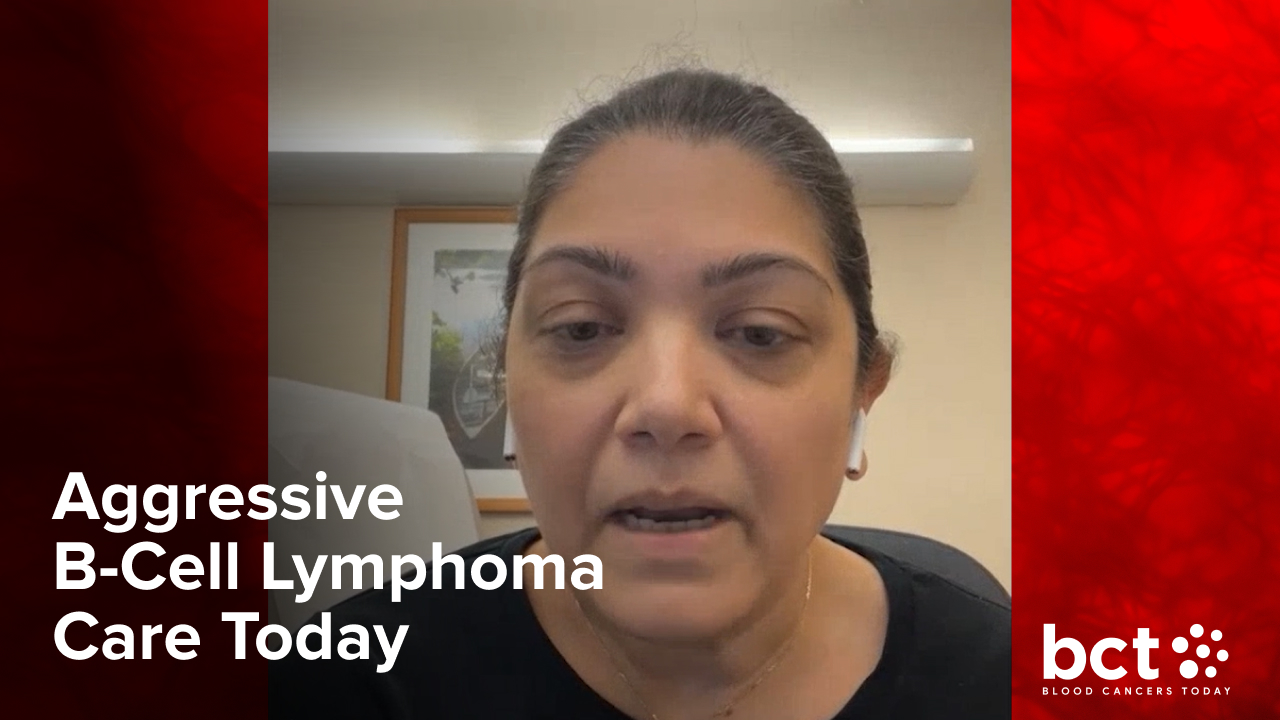
A study published in the Journal of Clinical Oncology found that ixazomib maintenance therapy extended survival in patients with newly diagnosed multiple myeloma (MM) who were not undergoing autologous hematopoietic cell transplantation (AHCT).
The double-blind, placebo-controlled, phase III TOURMALINE-MM4 study included patients with newly diagnosed MM who were not undergoing AHCT who achieved a better than or equal to partial response after 6 to 12 months of standard induction therapy. The study took place between April 23, 2015, and October 8, 2018, at 187 sites in 34 countries. Patients were randomized 3:2 to receive the oral proteasome inhibitor (PI) ixazomib (n = 425) or placebo (n = 281) on days one, eight, and 15 of 28-day cycles as maintenance therapy for 24 months.
Median patient age at study entry was 73 years, and 35.3% of patients had International Staging System (ISS) stage III disease.
After a median follow-up of 21.1 months, there was a 34.1% reduced risk of progression or death with ixazomib versus placebo; median progression-free survival (PFS; primary endpoint) was 17.4 months with ixazomib versus 9.4 months with placebo (hazard ratio [HR], 0.659; 95% CI, 0.542-0.801; P <0.001). Ixazomib significantly benefitted patients who achieved complete response (CR) or very-good partial response (VGPR) post-induction (median PFS, 25.6 vs. 12.9 months; HR, 0.586; P <0.001). Median time to progression was 17.8 with ixazomib versus 9.6 months with placebo, and response improvements during maintenance were seen in 14.6% versus 8.2% of patients, respectively.
“Subgroup analyses suggest PFS benefit across this population, including in [older] patients, those with pre-induction ISS stage III disease, and patients achieving CR or VGPR post-induction,” the researchers noted.
Grade 3 or higher treatment-related adverse events (AEs) occurred in 36.6% of patients treated with ixazomib and 23.2% of patients treated with placebo; 12.9% and 8.0% of patients, respectively, discontinued treatment due to AEs. Common any-grade AEs included nausea (26.8% vs. 8.0%), vomiting (24.2% vs. 4.3%), and diarrhea (23.2% vs. 12.3%). There was no increase in new primary malignancies (5.2% vs. 6.2%). Deaths occurred in 2.6% versus 2.2% of patients, respectively.
“To our knowledge, this is the first PI [that] demonstrated in a randomized clinical trial to have single-agent efficacy for maintenance and is the first oral PI option in this patient population,” the researchers concluded.
Reference
Dimopoulos MA, Špička I, Quach H, et al. Ixazomib as Postinduction Maintenance for Patients With Newly Diagnosed Multiple Myeloma Not Undergoing Autologous Stem Cell Transplantation: The Phase III TOURMALINE-MM4 Trial. J Clin Oncol. 2020 Dec 1;38(34):4030-4041.






 © 2025 Mashup Media, LLC, a Formedics Property. All Rights Reserved.
© 2025 Mashup Media, LLC, a Formedics Property. All Rights Reserved.